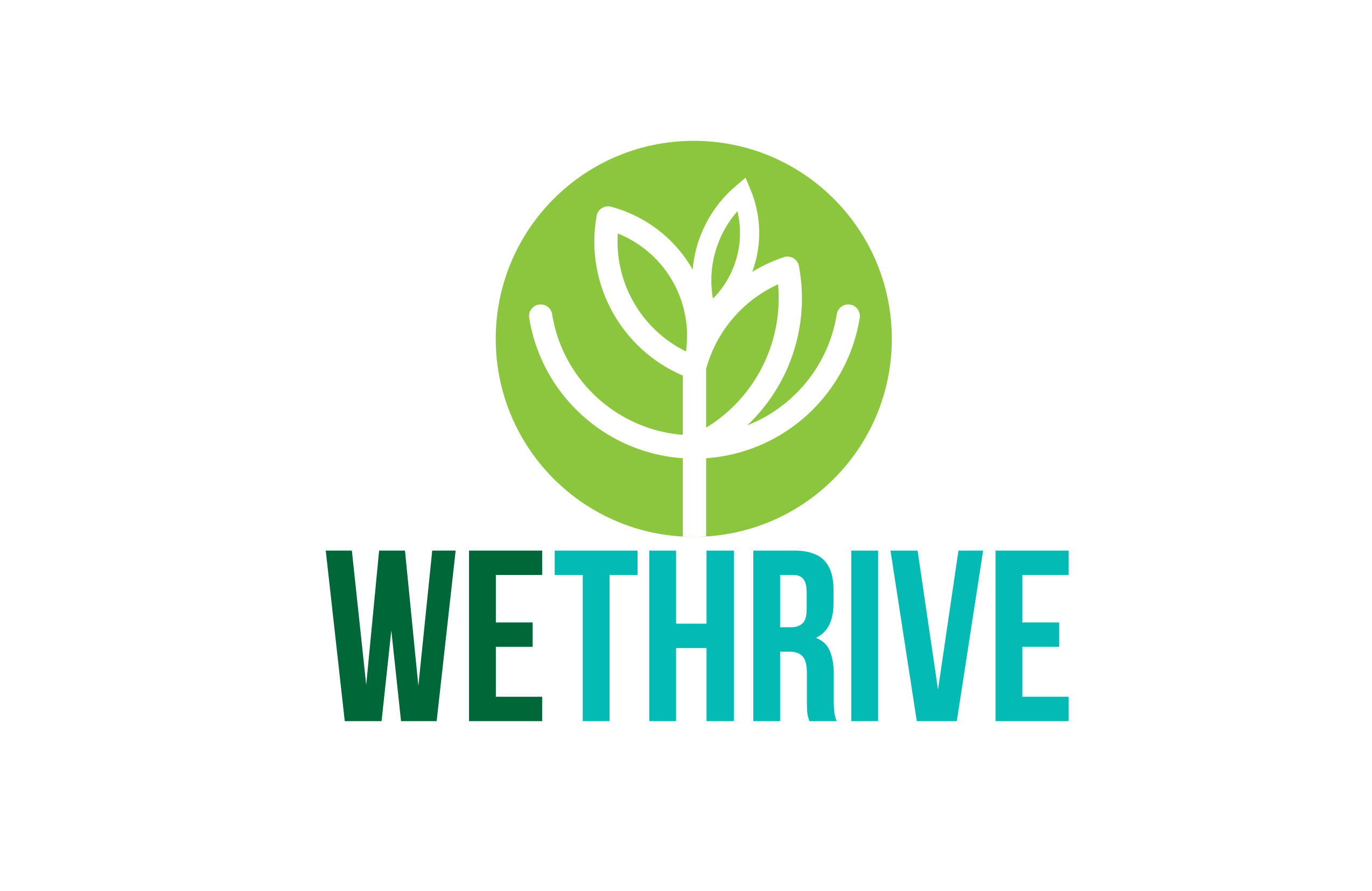Many of us have been running all our lives. Practice stopping.
Thich Nhat Hanh, Zen Master
I find myself writing this article at the end of a five-day total voice rest, part of my physician’s prescription to address throat problems which have been affecting me lately. Although the prescription came along with some medication, my wise doctor cautioned, it will not work without resting. That conversation landed on me with a very mixed bag of thoughts and feelings. There was worry, “Will I be ok? Will this treatment work? How will I do this when I’m scheduled for at least a couple of months ahead?” I remember shame and self-judgment being present too, “How could I have let this happen to myself? The inner self-talk jumped in on the chatter with self-blame, “I’m a mental health professional, I should have known how to take better care of myself. I should be better at practicing what I teach.” And yet, on the other side of the worry and self-criticism, I felt relief and freedom, even joy, at the thought of an unplanned rest. This is what’s in my heart that I’ve really wanted but have not had enough courage to do without “justification.” As I let the inner whirling slow down and the sediments of my thoughts and emotions gradually settled, I started to feel a sense of gratitude that life is patiently and lovingly teaching me once again–pausing is a pre-condition for healing and wellbeing.
I love long breaks. I’ve always cherished being able to take two to three weeks off from work and getting a deep system reset. But while these have worked very well for me, I’m learning more and more that cultivating wellbeing is really about embracing the habit of pausing and slowing down in our everyday life, mindfully weaving it into the fiber of our moment-to-moment existence. Pausing and resting are not supposed to be merely an appendix to our busy and over-scheduled lives. We know from how the human nervous system functions that having the discipline to pause is necessary in sustaining a generative and meaningful life.
Without pausing, our stress levels rise, we start living on survival mode and stray away from living in our zone of resilience where we can be our wisest and most skillful self.
Ultimately, cumulative micro-pauses, can do more for our wellbeing than sporadic long breaks. The essential turning point in establishing the pause practice is being able to transform our way of seeing and understanding—that making space for being is not separate from our doing. Our actions, projects, and goals are enhanced, not threatened, by pausing.
“Design your life so you have time to wake up.”
Dr. Larry Ward, Spiritual Teacher
Waking-up means being able to pay attention, be present, think clearly and creatively, and live from our place of deepest potential. This is opposed to being on auto-pilot mode, in which we are stuck in a habit loop of constant doing, activity, and distraction. We can re-design our life to embrace micro-pauses and be more intentional in stopping for simple moments of rest. Stop, take a moment to review your day from the moment you awaken in the morning to the time you go to bed, what micro-pauses can you begin to incorporate throughout the day? Start with a few pause practices, particularly those that you can do consistently (you may try the ones below) and observe how it makes a difference in your life.
Ten Micro-Pauses for Everyday Life
- Instead of rushing out of bed in the morning, practice one minute of mindful breathing to start the day. This can be a powerful reminder that you always have a choice not to be carried away by habits of mindlessness.
- Pause for an intention. Before getting out of bed, ask yourself, what is one thing that can make this day truly worthwhile?
- Take your morning shower without running the day’s agenda through your head. Make this a moment to refresh your body and mind.
- Take a few seconds to savor the taste and aroma of your first sip of coffee in the morning or simple open your senses to that first sip of water and how it nourishes your body.
- Before opening your email or checking messages on your phone, stop, remind yourself that you control these devices and not the other way around. Throughout the day, practice pausing before reaching out for your phone to recognize that we don’t always have to fill our quiet moments by seeking for distraction.
- Pause and stretch your body every couple of hours at work. Stretching gives your body the space to be acknowledged and relieved of tension, tightness, and pain that comes from sitting and working continuously.
- Give yourself a sufficient lunch break so that you can eat mindfully, not rushing into a meeting or task. Mindful eating aids in healthy digestion and absorption of nutrients for your body and mind.
- Stop to connect. Connect with yourself though a 3-center check in (What’s going on in my body? My emotions? My thoughts?). Connect with a co-worker by checking-in or talking about a non-work topic. Enjoy brief spontaneous moments of connection with family members.
- Have a playful and relaxing moment. At the end of the workday, plug into a short activity that gives you joy—cook leisurely, do some artwork, play a game with your kids, take an evening walk, write on your journal, read a book.
- End the day with a moment to contemplate on gratitude. Ask yourself, what worked well for me today and why? By pausing to redirect our attention to positive events and experiences, we balance our perspective to see the wonder of our life.
Which of these would you be willing to practice today?
Learn more about wellbeing practices through any of our webinars. Contact us today to learn more.

